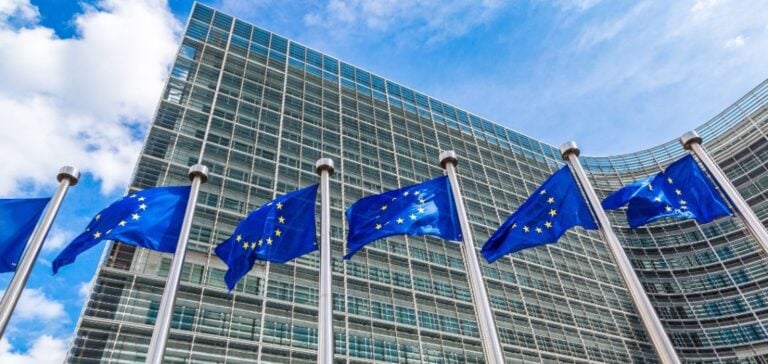On Wednesday, the European Commission announced the opening of investigations into Chinese solar energy companies, including world leader Longi. These investigations, targeting two consortia involving Enevo and Shanghai Electric, come at a time when the EU is aiming to increase its autonomy in renewable energies and reduce its dependence on Chinese imports in wind and solar power.
New European regulations
The investigations are part of the EU’s mid-2023 rules to limit competition-distorting foreign subsidies. Companies must now notify their participation in public tenders worth over €250 million in the EU, if they have received at least €4 million in foreign financial subsidies in the last three years.
Projects under review
The consortia under review aspire to develop a 110 MW photovoltaic park in Romania, partly financed by the EU. The Commission justified the initiation of the investigations by evidence suggesting foreign subsidies disrupting the internal market, which could lead to the exclusion of companies from tenders or the acceptance of corrective measures proposed by them.
Strategic importance of solar panels
Internal Market Commissioner Thierry Breton stresses the importance of solar panels for Europe’s economic security and competitiveness. The EU, which is aiming for a 42.5% share of renewable energies in its consumption by 2030, is critically dependent on Chinese imports, which account for 97% of European solar panels.
The first investigation under this new anti-subsidy regulation concerned CRRC, China’s leading railway company, which withdrew from a tender in Bulgaria. The investigations are causing concern among the Chinese Chamber of Commerce in the EU, which criticizes the use of these regulations as a tool of economic coercion. At the same time, the EU has also investigated Chinese subsidies for electric cars and adopted regulatory relief to boost its competitiveness in green technologies.






















